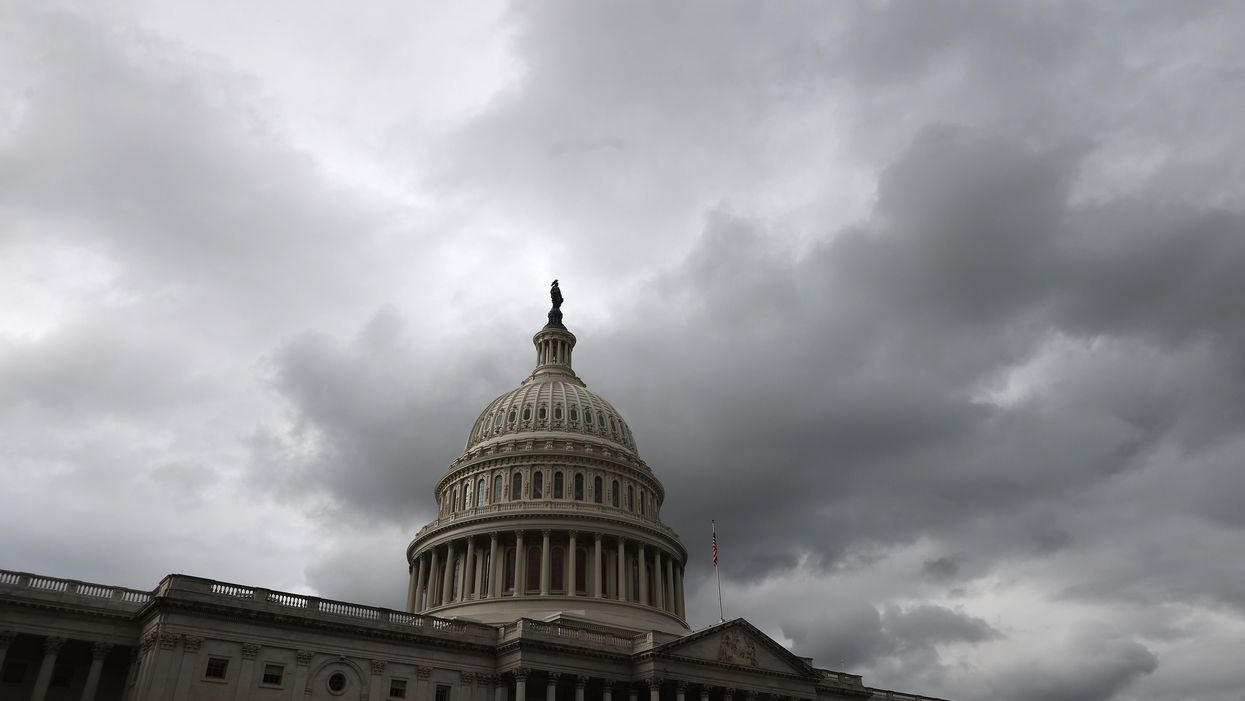The 117th Congress is the most racially and ethnically diverse collection of lawmakers in American history, and yet it is far from representative of the country's population. But for congressional aides, lack of diversity at the staff level is even more of a glaring issue.
The Congressional Black Associates, which represents staffers in the House of Representatives, and the Senate Black Legislative Staff Caucus published an open letter to America on Friday, calling for changes on Capitol Hill to improve the recruitment and retention of Black staffers.
Congressional staffers are integral to the day-to-day operations on Capitol Hill. They write legislation, conduct research, bring in witnesses for testimony on important issues, provide constituent services and help finalize major political deals, among many other duties. Having staffers who better reflect the American public informs the critical legislative decisions made by elected officials, and ultimately leads to a more representative government.
While people of color make up 40 percent of the U.S. population, they only account for 8 percent of Senate staff directors and 16 percent of other top roles, such as deputy staff director, chief counsel, general counsel and policy director, according to a July report by the Joint Center for Political and Economic Studies. The center also found that Black people make up 13 percent of the country's population, but just 3 percent of top Senate staff positions.
Last week, Democratic Sen. Sheldon Whitehouse of Rhode Island hired Monalisa Dugué as his chief of staff. Dugué joins Jennifer DeCasper, chief of staff for GOP Sen. Tim Scott of South Carolina, as the only Black people to currently hold that position. Scott is the sole Black Republican currently serving in the Senate.
Additionally, only 30 of the 435 House members have Black chiefs of staff. Most of those individuals are employed by one of the 57 Black lawmakers in the House, according to the staff associations.
"These statistics are discouraging because they send the underlying message that the path forward for Black staffers to be hired or promoted to senior-level positions within their respective offices is limited," the two congressional staff associations wrote in their letter. "It is not enough to simply hire Black staff. Congress must also foster clear pathways for recruitment and career advancement."
The two staff associations would like to see four changes:
- A stronger college-to-Congress pipeline in which congressional offices develop better relationships with historically Black colleges and universities.
- More career opportunities and investments so that Black staffers can be promoted to senior-level positions by their own merit.
- Livable wages for all congressional staffers, especially given the heavy workload and high cost of living in the District of Columbia, Maryland and Virginia.
- Purposeful and fair hiring decisions by members of Congress that reflect the constituents they serve.
"We believe that if the United States Congress wants to hold steadfast to its representative form of government, then congressional staffers hired to construct and inform legislation should be reflective of the United States' population," the letter says. "Congress can be a powerful vehicle for change when we are all at the table and well-positioned and equipped to make those changes."




















Trump & Hegseth gave Mark Kelly a huge 2028 gift